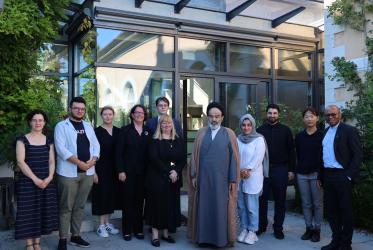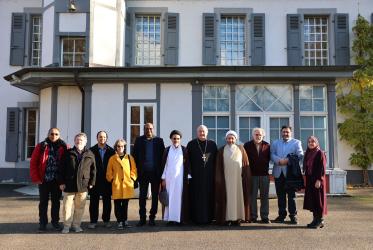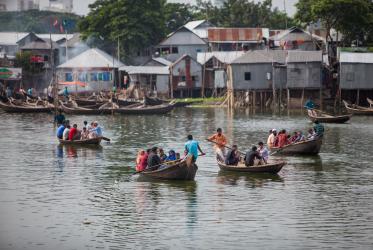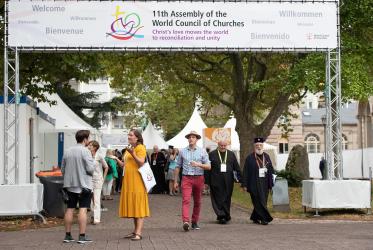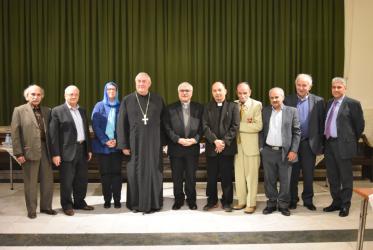2021 has shown how vulnerable and unprepared even wealthy, industrialized countries are in the face of the escalating climate crisis. Devastating flooding, unprecedented heat waves and out-of-control wildfires have hit parts of Europe and North America. Yet this is just a foretaste of catastrophes that have long since become a bitter reality in other parts of the world. They are almost always a matter of too much or too little water. Yet water problems are often the result of discrimination and political failure, especially in times of climate change.
27 October 2021




